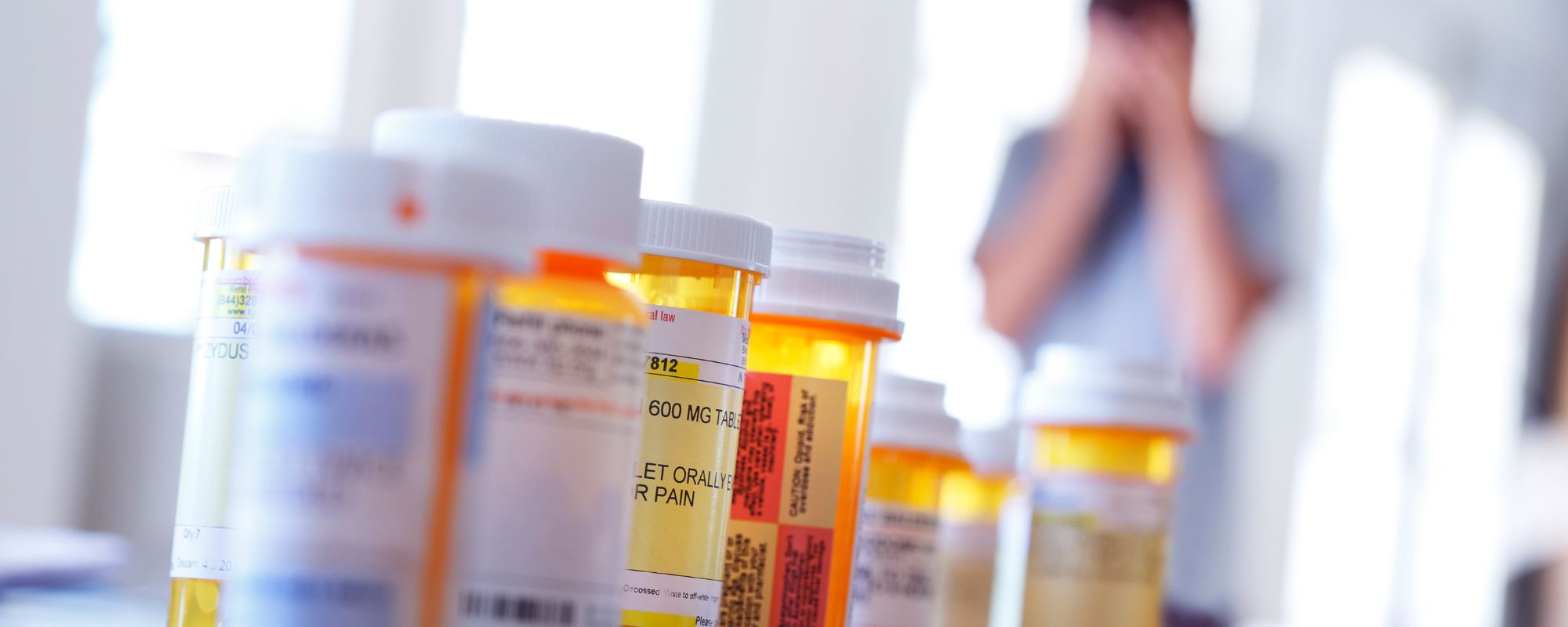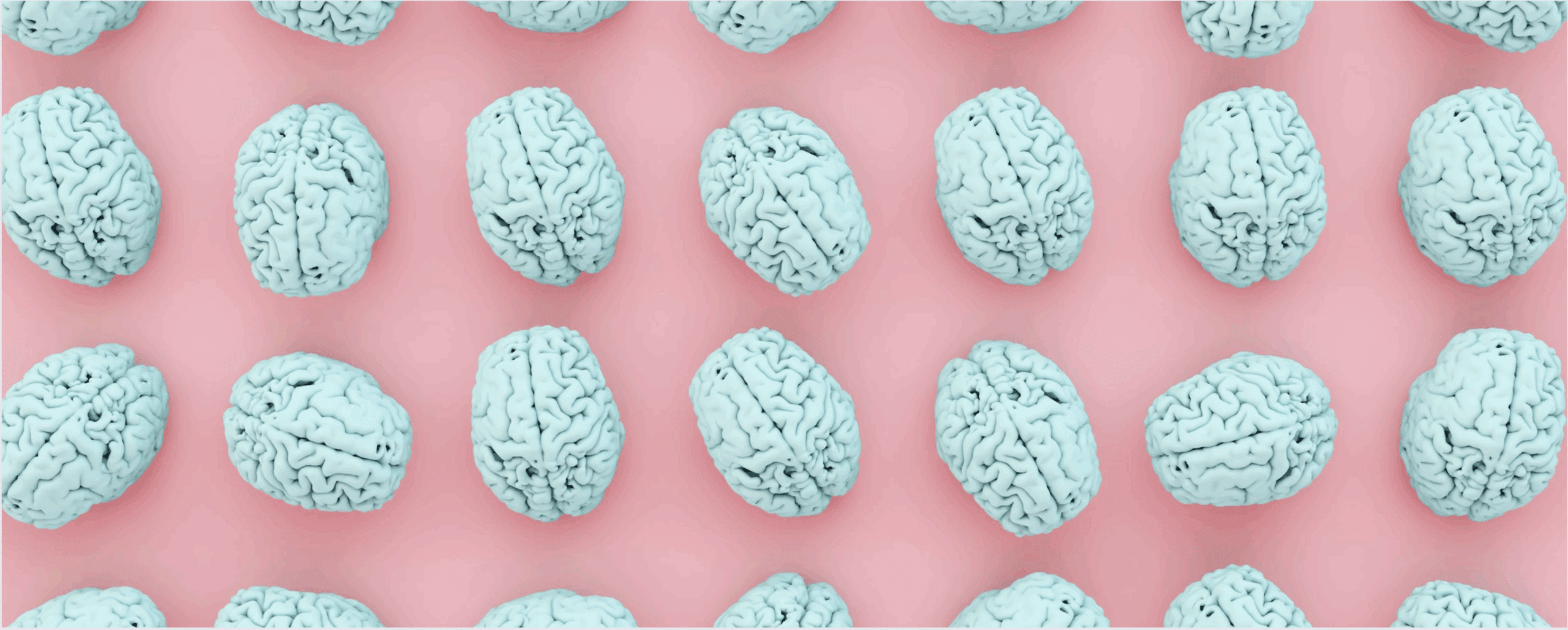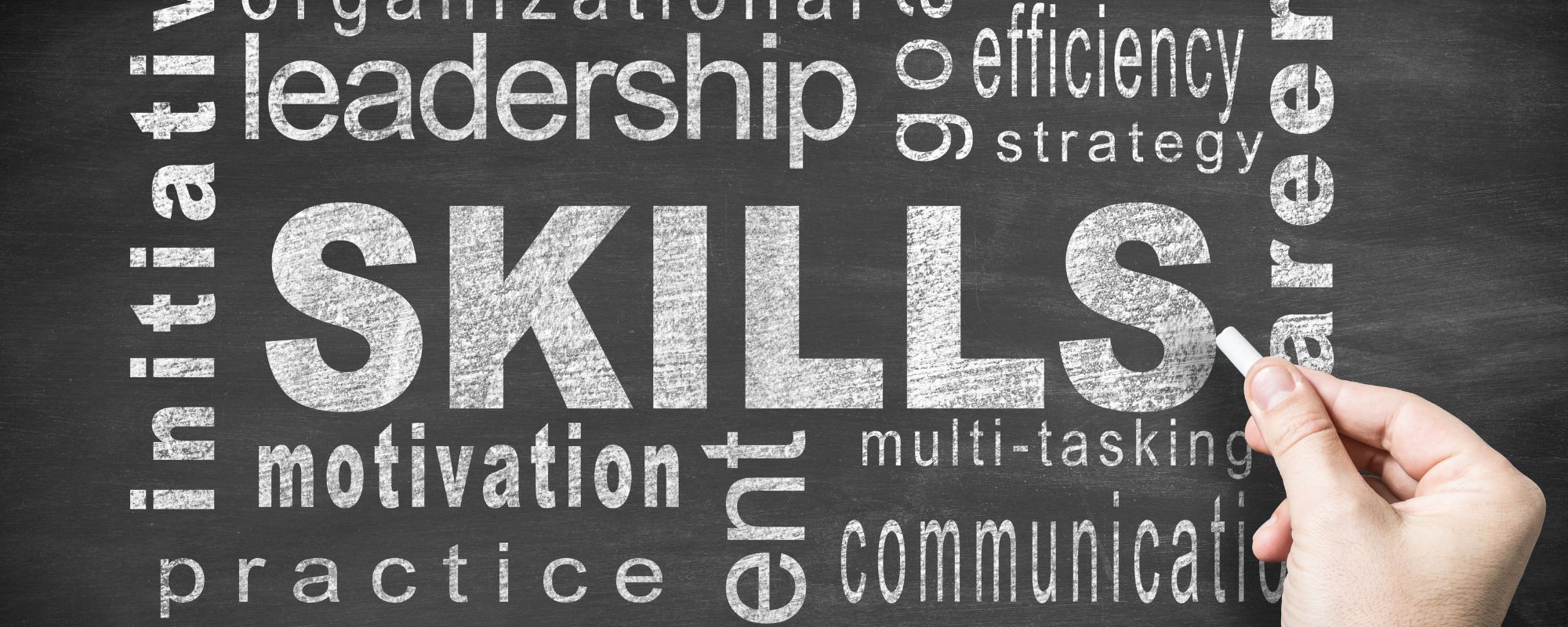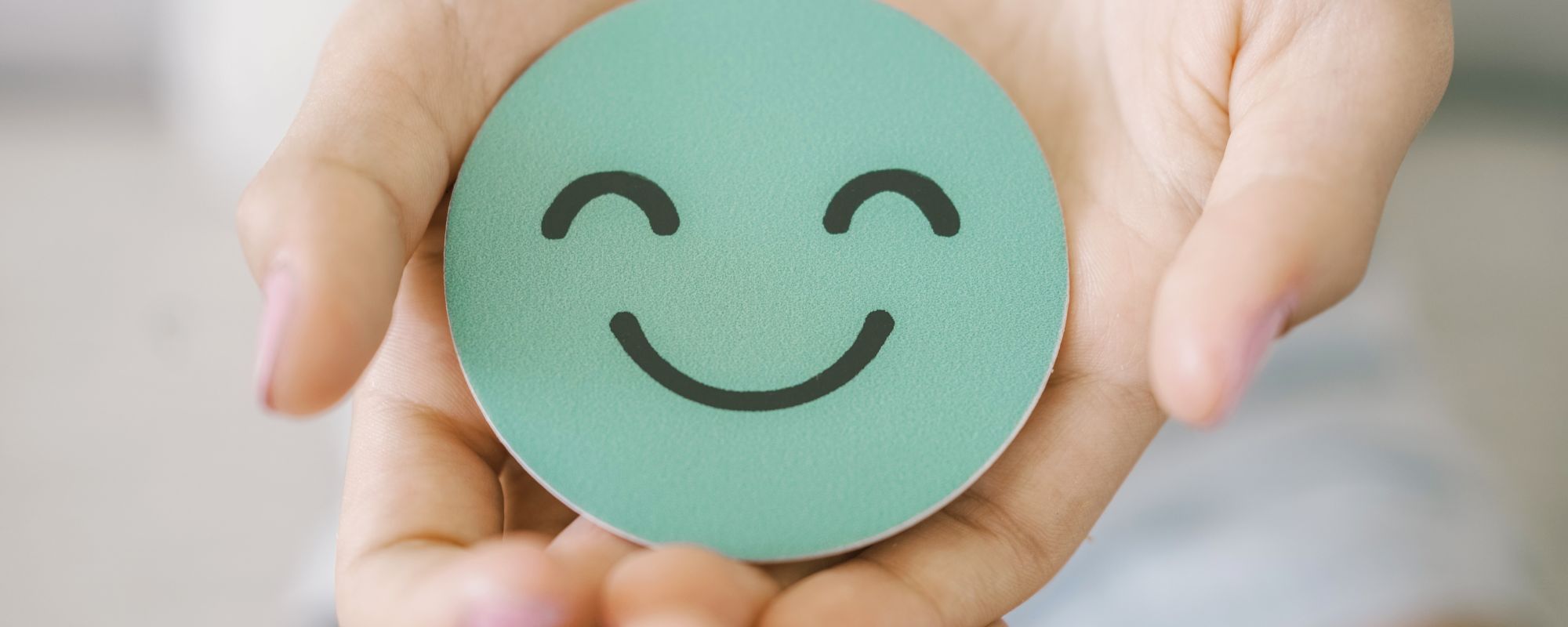If you are one of the many people suffering from depression, it may be difficult to see through the fog of sadness and hopelessness. But understanding what depression is and how it progresses can ultimately lead to effective treatment and recovery. By gaining a better understanding of your mental health disorder, we hope that you can feel empowered to seek the help you need in an inpatient depression treatment program.
What Is Depression?
While feeling sad from time to time is normal, feeling hopeless all the time is not. Feeling sad for an extended period of time can be normal. This is especially true when the sadness is in response to some sort of life challenge that resolves itself after the person adjusts to the hardship. This is what is known as “situational depression.”
Depression, on the other hand, is a mental illness in which a person experiences a low mood for an extended period. Often, depression develops so gradually that people don’t notice the severity of the disorder until it has taken over their life. Clinical depression, also known as major depression, is altogether different. It needn’t have a specific, discernible cause, and can persist for months or even years at a time. It’s often a debilitating mental illness.
Signs and Symptoms of Depression
If you believe you or someone you love is struggling with depression, it’s important to understand the signs and symptoms of clinical depression to be able to recognize the problem.
The Diagnostic and Statistical Manual of Mental Disorders (DSM), published by the American Psychiatric Association, outlines the symptoms of clinical depression.
For clinical depression to be diagnosed, a person must experience at least five of the following symptoms nearly every day, for a large part of the day over a period of two weeks or longer:
- Persistent sad mood
- Reduced or complete loss of pleasure or interest in activities
- Weight loss, weight gain, or change in appetite
- Changes in sleep such as insomnia or increased sleeping
- Restlessness or slow movement or speech
- Feeling tired and having no energy
- Feelings of worthlessness
- Difficulty making decisions, remembering things, or concentrating
- Suicidal thoughts or suicide attempts
At least one of the clinical depression symptoms must be a loss of interest or pleasure in activities or a depressed mood.
Other common signs of clinical depression include:
- Leaving the house less often than usual
- Reduced motivation at school or work
- Becoming withdrawn from family and friends
- Alcohol abuse
- Loss of confidence
- Experiencing aches and pains
- Feeling hopeless
- Physical problems like heart disease or chronic pain
- No longer taking pride in physical appearance
- Recurrent thoughts of death
If you think you or someone you know may attempt suicide, seek inpatient depression treatment immediately.
Clinical Depression Statistics
According to the American Psychiatric Association, one in fifteen American adults struggle with depression in any given year. Many of these people won’t seek inpatient depression treatment. One reason for this is a lack of knowledge regarding what depression is.
Here are some clinical depression statistics:
- According to the World Health Organization, 280 million people — an estimated 5% of the world’s population — experience depression each year.
- Women are more likely to suffer from depression than men, according to the National Institute of Mental Health.
- The prevalence of adults with clinical depression was highest among young people — with those aged 18-25 comprising 17.0% of the total.
- Up to a third of those struggling with depression also receive substance abuse treatment.
Get confidential help from our addiction and mental health treatment facilities located across the United States. Call to join one of our quality programs today!
Speak With Our Admissions TeamWhat Is Inpatient Depression Treatment?
Inpatient depression treatment, also known as residential depression treatment, involves a comprehensive program where clients live at an inpatient treatment facility for a certain period. In doing so, inpatient treatment provides a safe and supportive environment for clients to focus solely on their recovery without the distractions of everyday life. This can be particularly beneficial for those who may have difficulty managing their symptoms outside of a structured treatment setting.
It also often involves regular meetings with psychiatrists, psychologists, and other mental health professionals. This is all done within the context of intensive and structured care, with 24/7 medical and therapeutic support. The length of stay can range from a few days to several weeks or even months, depending on the severity of the depression and the individual’s response to treatment.
Mental Health Services for Depression
During inpatient mental health treatment for depression, mental health professionals utilize therapeutic interventions designed to help individuals process their emotions, develop coping skills, and address underlying issues that may contribute to their depression.
Clients gain access to a variety of of mental health services, including:
- Individual and group therapy
- Optional family integration
- Holistic and wellness services
- Medication management
- Mental health education
Mental health services for depression may include therapy, medication, or a combination of both. One of the most popular options for dealing with depression is cognitive behavioral therapy (CBT). CBT treats depression by helping clients reframe their thoughts and providing a positive alternative to the stories they tell themselves. During treatment for depression, this therapy is often used in conjunction with antidepressant medication, which provides fast relief for symptoms.
In addition to medication and traditional therapy methods, many residential depression treatment programs also offer holistic approaches such as mindfulness practices, yoga, and meditation. These techniques can help individuals learn coping skills and relaxation techniques that help them manage stress and improve their overall well-being.
Mental health programs can also provide education about nutrition, sleep hygiene, and other lifestyle factors that contribute to mental health. In doing so, depression treatment helps you incorporate self-care practices such as exercise, healthy eating, and relaxation techniques to manage symptoms of depression. This holistic approach is the gold standard in depression treatment and is something we specialize in at Aliya Health Group.
Dual Diagnosis Treatment for Addiction and Depression
Studies show that people struggling with depression are more likely to abuse drugs and alcohol than those without depression. One study found that depressed people were twice as likely to develop substance abuse problems compared to others. This could be due to people using substances to self-medicate their feelings of sadness, hopelessness, and low energy levels.
Dual diagnosis treatment for addiction and depression is a specialized approach that addresses both conditions simultaneously. This type of treatment recognizes the complex relationship between addiction and depression and aims to treat them together for long-lasting recovery.
Looking for quality treatment for substance abuse and mental health that’s also affordable? Aliya Health Group's treatment facilities accept most major insurance providers. Get a free insurance benefits check now!
Check Your CoverageCan a Mental Health Treatment Center Help My Depression?
Like many other mental health disorders, depression is a treatable illness and recovery is possible. With the right support and treatment plan, individuals can learn to manage their symptoms and improve their overall well-being. If you or someone you know is struggling with depression, do not hesitate to reach out for help.
Remember that seeking help is a sign of strength, not weakness. There are many resources available to offer the support you need on the journey toward better mental health.
When Should I Seek Help For Depression?
If you’re wondering if you should seek help for depression, recognizing the warning signs can help you take preventative measures and manage the illness. In general, depression can range from mild to severe, with symptoms varying in intensity and duration. Some may experience a single episode, while others may have recurrent episodes throughout their lifetime.
The warning signs of depression include:
- Worsening feelings of sadness and despair
- Loss of joy in life
- Lack of appetite
- Oversleeping or struggling to fall asleep
- Overwhelming feelings of worthlessness, shame, or guilt
- Suicidal thoughts, plans, or attempts
These symptoms can significantly impact an individual’s daily life and relationships if left untreated. The first stage of depression is often characterized by mild or moderate symptoms that may be mistaken for temporary feelings of sadness, stress, or fatigue.
However, if left untreated, depression can progress to a more severe stage where individuals may experience suicidal thoughts and behaviors. It is important for individuals experiencing any of these symptoms to seek help from a mental health professional.
Depression Treatment at Aliya Health Group
Struggling with depression and substance abuse can feel like an uphill battle, and it’s important to know that you don’t have to fight alone. Aliya Health Group offers nationally accredited inpatient depression treatment and substance abuse counseling.
If you or a loved one is struggling with depression and substance use issues, call us today at 888-965-3085 or fill out our secure contact form. Our highly qualified staff is ready to resolve any questions or doubts you may have and help you get back on your feet.















